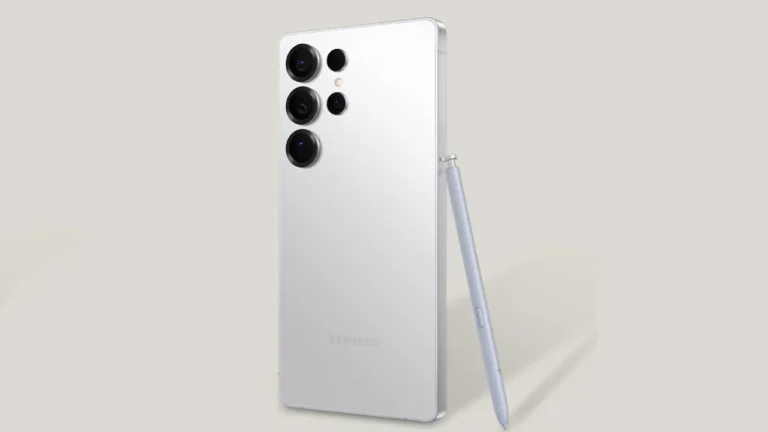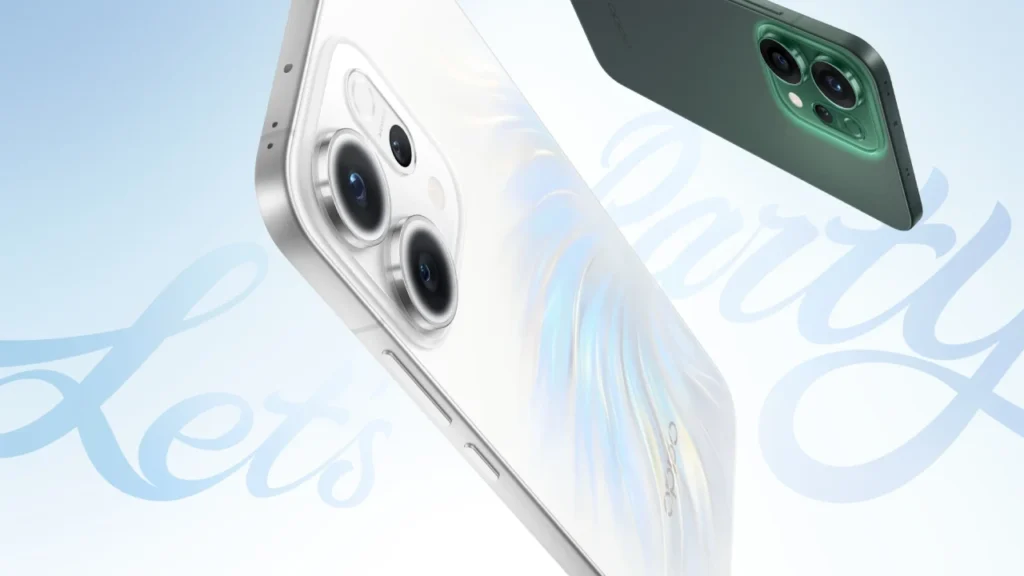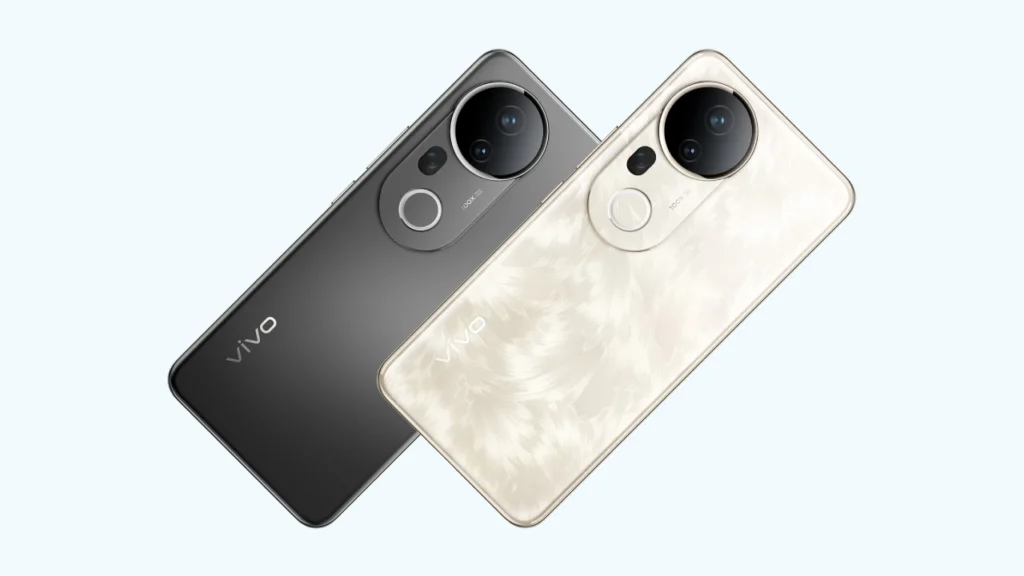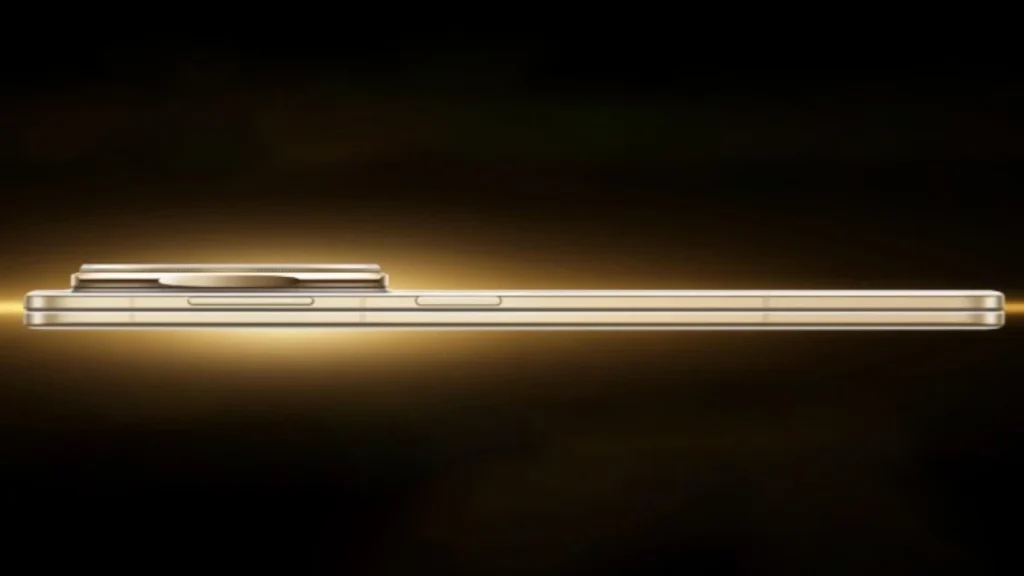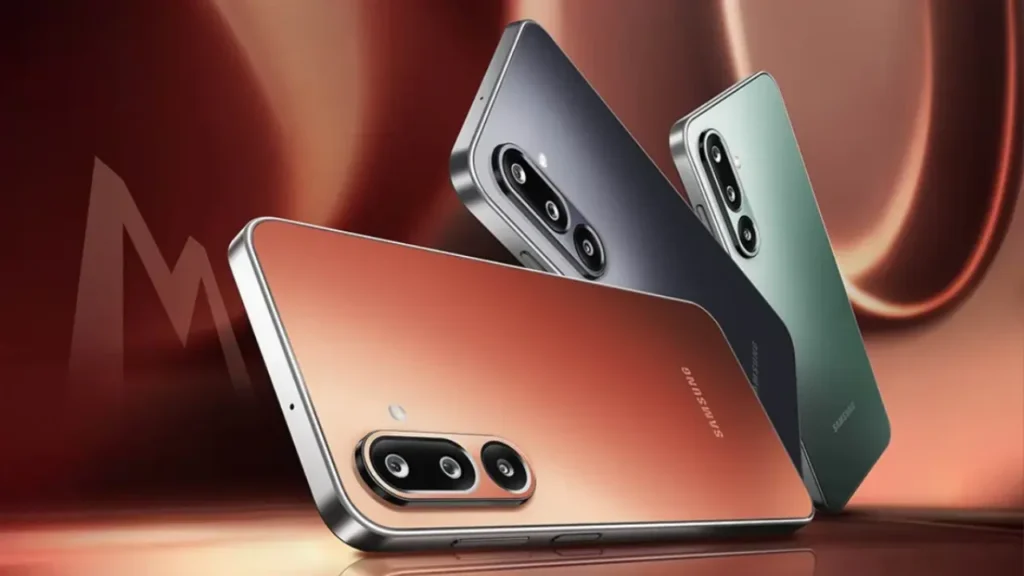Samsung’s next big flagship, the Galaxy S26 Ultra, has once again become the talk of the tech world as fresh leaks shed light on its camera and charging capabilities. While Samsung’s upcoming Exynos 2600 chip promises major advancements in photography and AI, the S26 Ultra may not fully take advantage of this powerful hardware.
Exynos 2600 Brings Huge Imaging Power — But Galaxy S26 Ultra May Not Use It Fully
According to reliable tipsters, Samsung’s Exynos 2600 chipset could mark a major leap in smartphone photography. It reportedly supports a single 320MP sensor, simultaneous processing of three 108MP cameras, and advanced AI-driven enhancements like super-resolution zoom, scene detection, and per-object tone mapping.
The chipset also brings a 30% boost in power efficiency, supports 8K HDR10+ video at 60fps, 4K recording at 120fps, and features both optical and electronic image stabilisation (OIS + EIS). With a high internal bandwidth of 1.8TB/s, it’s clearly built to handle demanding real-time AI photography tasks.
However, despite this potential, sources indicate that the Galaxy S26 Ultra’s hardware setup will remain mostly unchanged from the S25 Ultra, limiting the chip’s full utilisation.
Camera Setup: Small Refinements Over Radical Innovation
Tipster @chunvn8888 revealed that the Galaxy S26 Ultra will retain almost the same sensor lineup as its predecessor, except for a minor update in the 3x telephoto lens, which will now offer 12MP resolution instead of 10MP, using Samsung’s S5K3LD sensor.
The expected camera configuration includes:
- 200MP main sensor (ISOCELL HP2)
- 50MP ultrawide (ISOCELL JN3)
- 50MP 5x periscope (Sony IMX854)
- 12MP 3x telephoto (S5K3LD)
- 12MP front camera (Sony IMX874)
Though these specs sound powerful, the upgrades are considered incremental. According to tipster @UniverseIce, the 200MP and 5x telephoto sensors might get slightly wider apertures, improving low-light shots modestly.
Meanwhile, competitors like Xiaomi, Vivo, and Honor are aggressively pushing new-generation sensors and telephoto innovations, which could make Samsung’s approach look conservative.
Why Samsung Might Be Playing It Safe
Samsung has long aimed to maintain parity between its Exynos and Snapdragon variants of the Galaxy Ultra models. Since Qualcomm’s Snapdragon 8 Gen 5 doesn’t support certain advanced video capabilities like 8K HDR10+ at 60fps, Samsung might deliberately limit the Exynos 2600’s features to ensure identical performance across all regions.
This strategy, while maintaining consistency, also means users may not experience the Exynos chip’s full imaging potential — at least in the Galaxy S26 Ultra.
Charging System Upgrade: Faster, Smarter, More Efficient
Aside from the camera setup, Samsung is reportedly upgrading its charging technology for the S26 Ultra. The new PPS (Programmable Power Supply) system could deliver up to 55W charging power during the initial 15% of battery refill, then stabilise to 45W until 70%, providing faster and more efficient charging overall.
This would mark a noticeable improvement over the older PPS 2.0 standard, which often struggled to sustain 45W speeds consistently.

